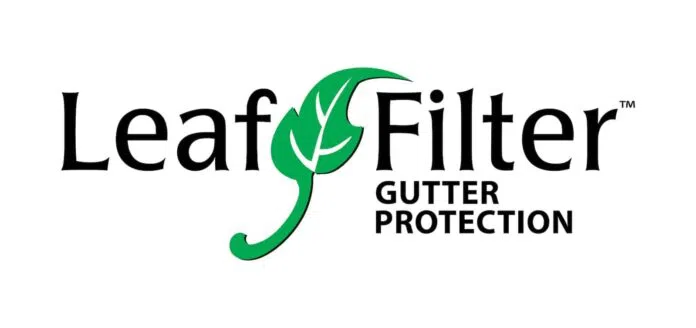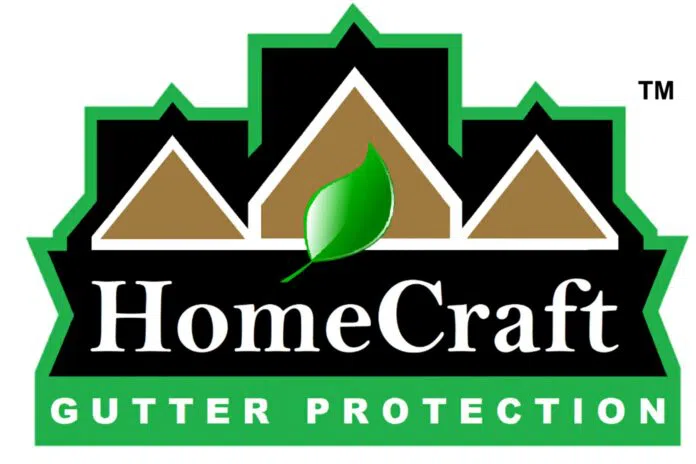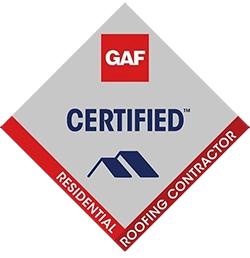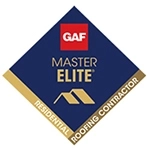Signs You May Need Gutter Guards
Gutter guards aren't required for all homes, but evidence of obstructed gutters is clear. Signals of ongoing gutter troubles are:
- Visibly damaged, sagging, or misaligned gutters that no longer direct rainwater correctly
- Leaky joints or seams where water leaks out of gutters
- Frequent clogs that cause overflow and water to spill over gutters
- Soggy ground or visible erosion around your home's foundation
- Mold growth, peeling exterior paint, or interior water stains on walls near gutters.
How To Choose a Gutter Guard Installer
Assess Their Experience
When choosing an installation company, look for one with years of experience and knowledge about various brands and guard types. A company with experience will understand how to take measurements and fit gutter guards for your specific needs. Check a company's years of experience and request referrals from local customers.
Verify Proper Licensing and Insurance
Always confirm your gutter guard installers are licensed, bonded, and hold workers compensation and general liability insurance. This protects you from liability for any injuries or accidents that could occur. Ask to see current licensing and insurance papers when communicating with potential providers.
Choose Reputable Brands
Seek out companies that provide tenured and trusted gutter guard brands such as Gutter Helmet and LeafFilter. Be wary of companies that only carry generic no-name or their own off-brand guards, as these likely have not undergone the same rigorous testing as major brands.
Seek Custom Fit Services
For top performance, gutter guards need on-site sizing and cutting to match your gutters. Select a company that takes specific measurements and trims guards for your home instead of using one-size guards. Properly-fitted guards prevent debris-trapping gaps from forming.
Examine Warranties
Leading gutter guard installers typically offer 20-year or lifetime warranties covering rust, leaks, clogs, and other problems. Before picking a company, carefully review the warranty terms for workmanship and materials guarantees. Warranties are the most effective way to protect your gutter investment.
Check Reviews and Referrals
Be sure to check online reviews on Yelp, the Better Business Bureau (BBB), Google Reviews, and other review sites to see customer feedback. Ask neighbors to suggest companies that provide quality local gutter guard installation. When researching, look for providers with plenty of satisfied customers rather than only one or two sporadic reviews.
Types of Gutter Guards
There are six typical gutter guard types. These include the following:
- Brush guards are made of large brush bristles that sit inside your gutters, allowing water to pass through while catching debris. Brush guards cost roughly $4.05 per linear foot.
- Foam guards are light and easy to install. With this type of guard, debris lands on the foam instead of in your gutter. On average, you can expect to spend $2.47 per linear foot for foam guards.
- Screen guards have large holes that let water flow through while blocking debris. On average, you can expect to pay $4.51 per linear foot for screen guards.
- Mesh guards have smaller holes than screen guards and similarly stop debris while allowing water to filter through. These guards are durable and let debris slide off rather than sit on your gutters. On average, you can expect to spend $4.23 per linear foot for mesh guards.
- Micro-mesh guards have even smaller holes than mesh guards and let even less debris into your gutters than mesh. These guards are very effective. On average, you can expect to pay $5.30 per linear foot for micro-mesh guards.
- Surface tension guards, sometimes called reverse curve guards, use surface tension to encourage debris to slide off while water flows into the gutter. They can usually be seen from the ground. On average, you can expect to pay $3.31 per linear foot for surface tension guards.













